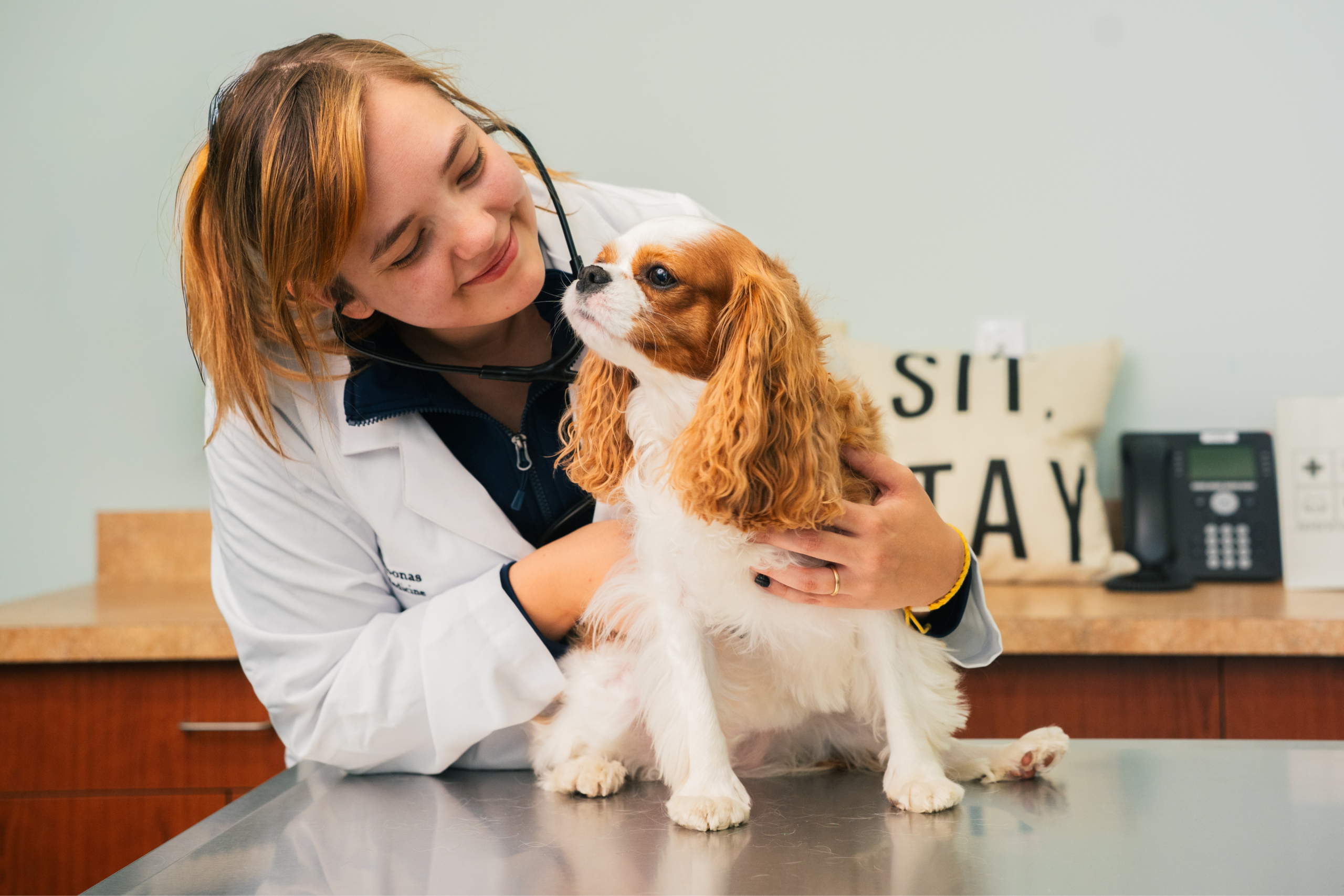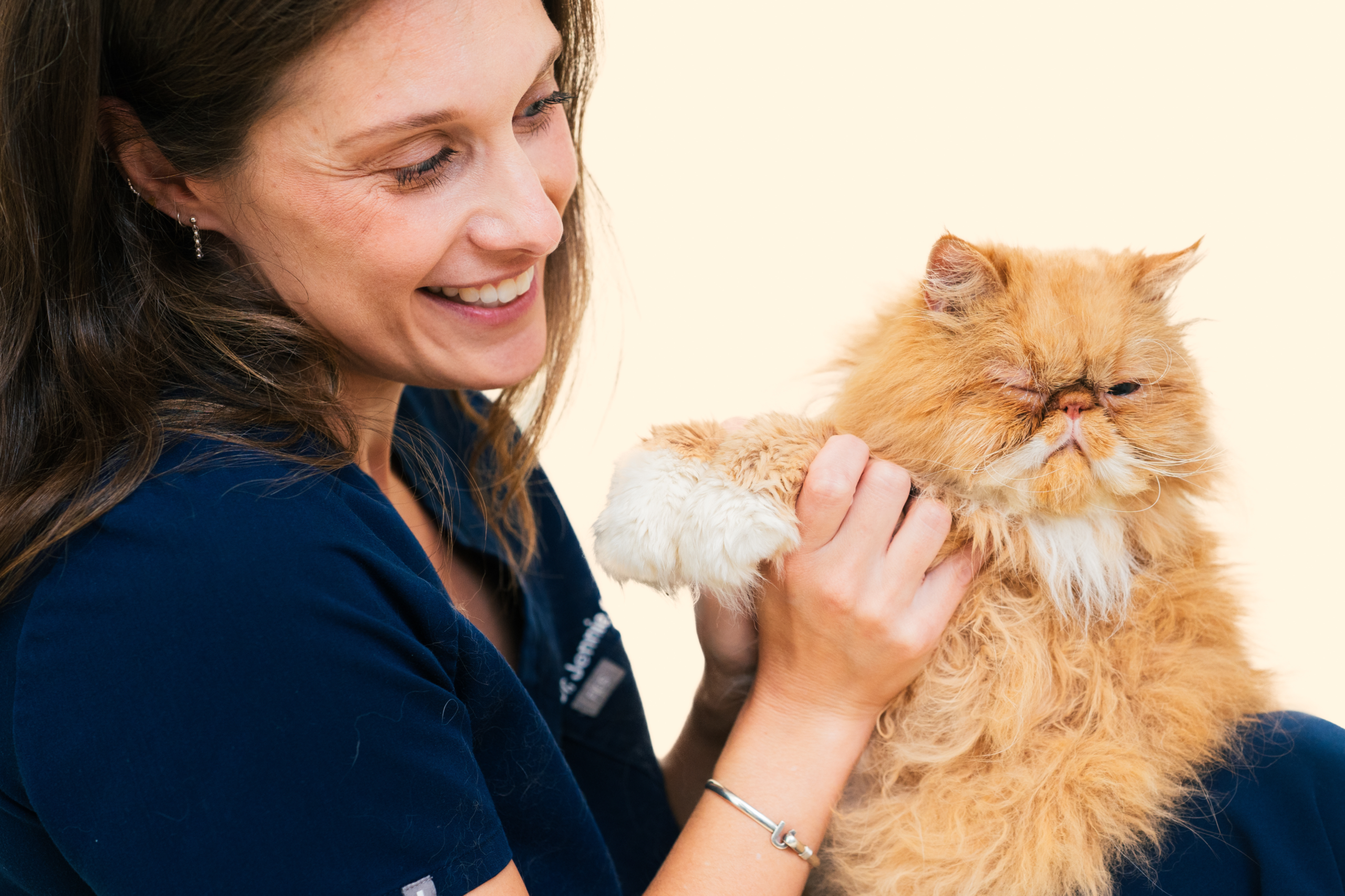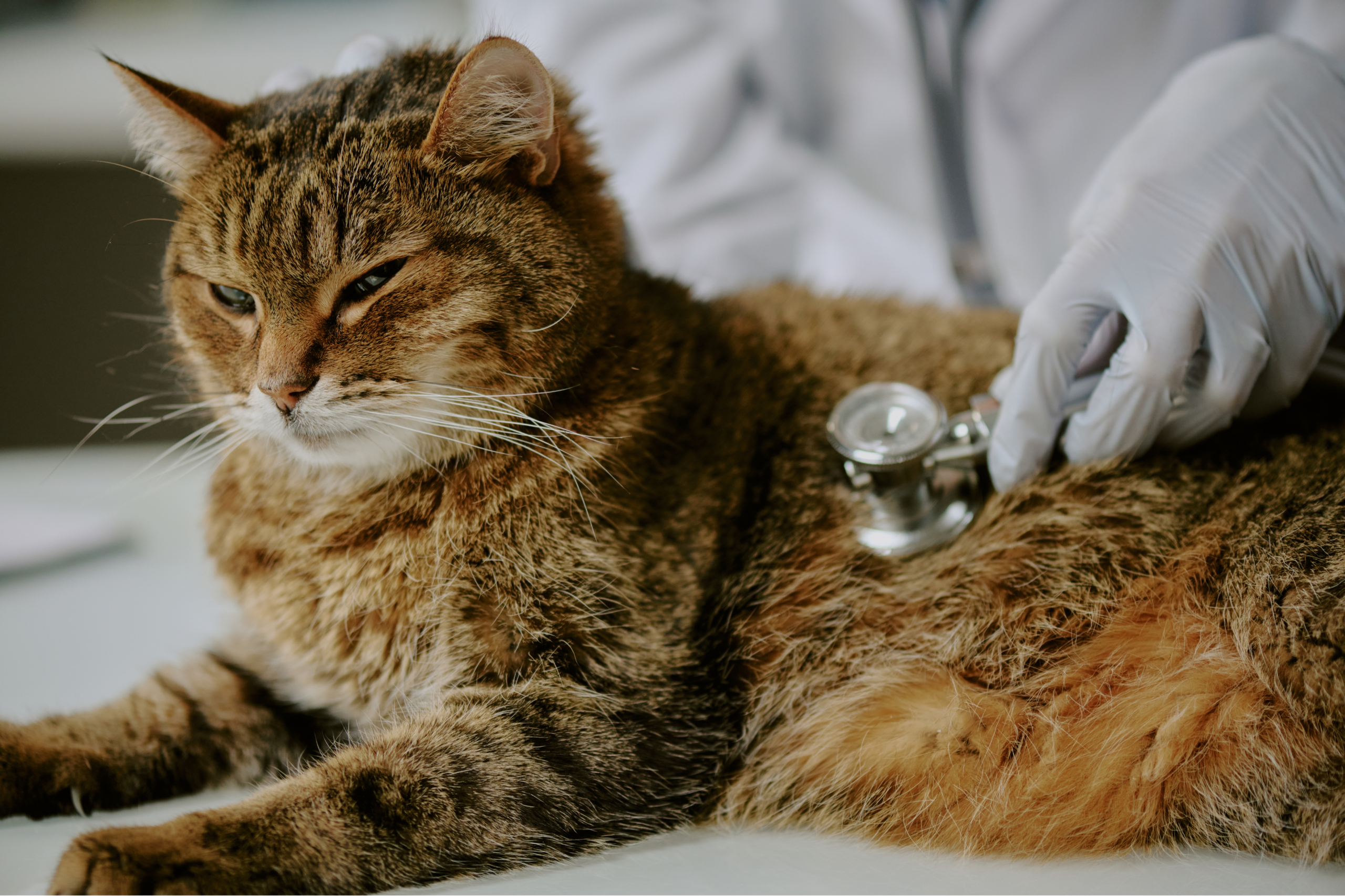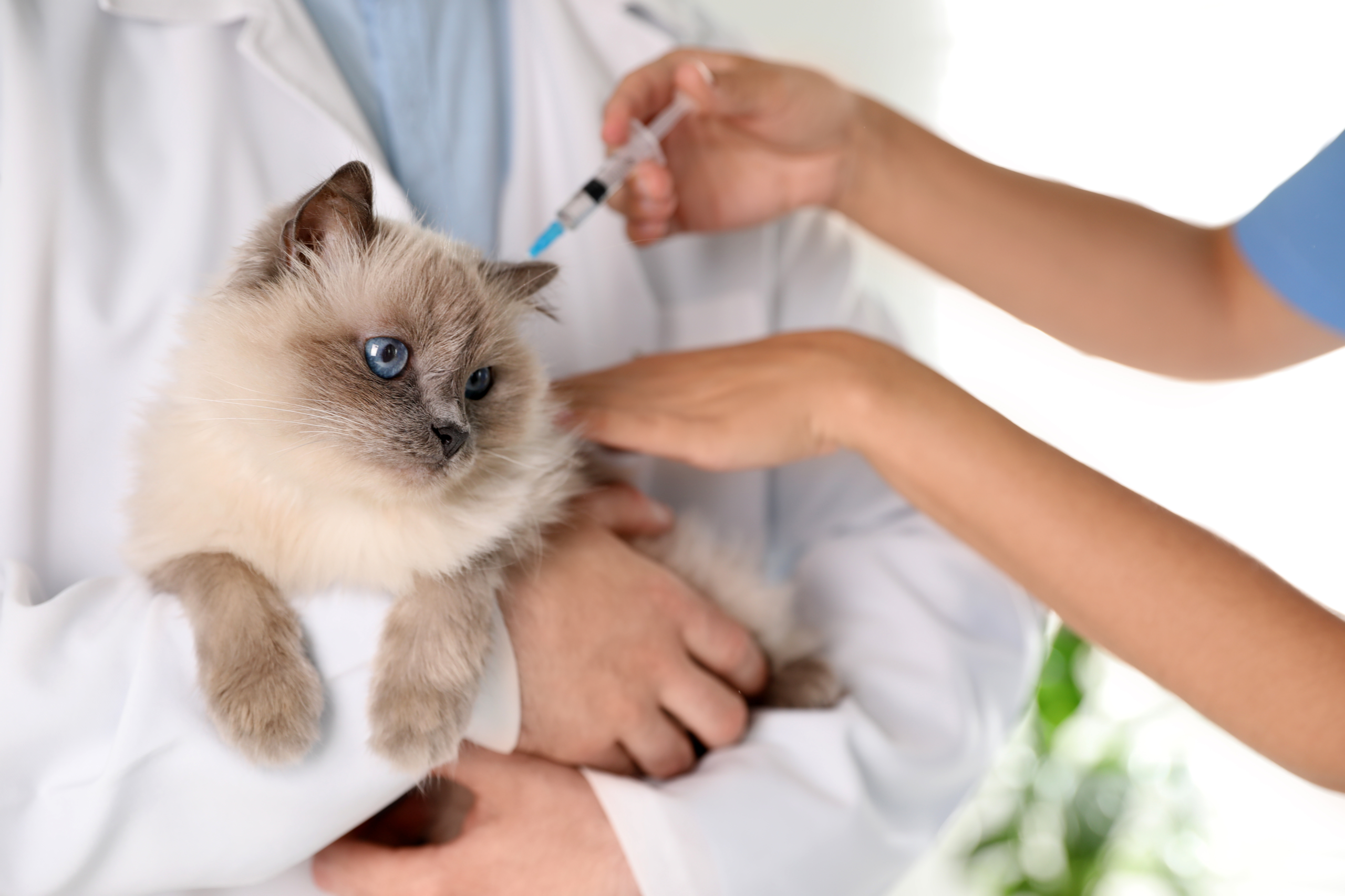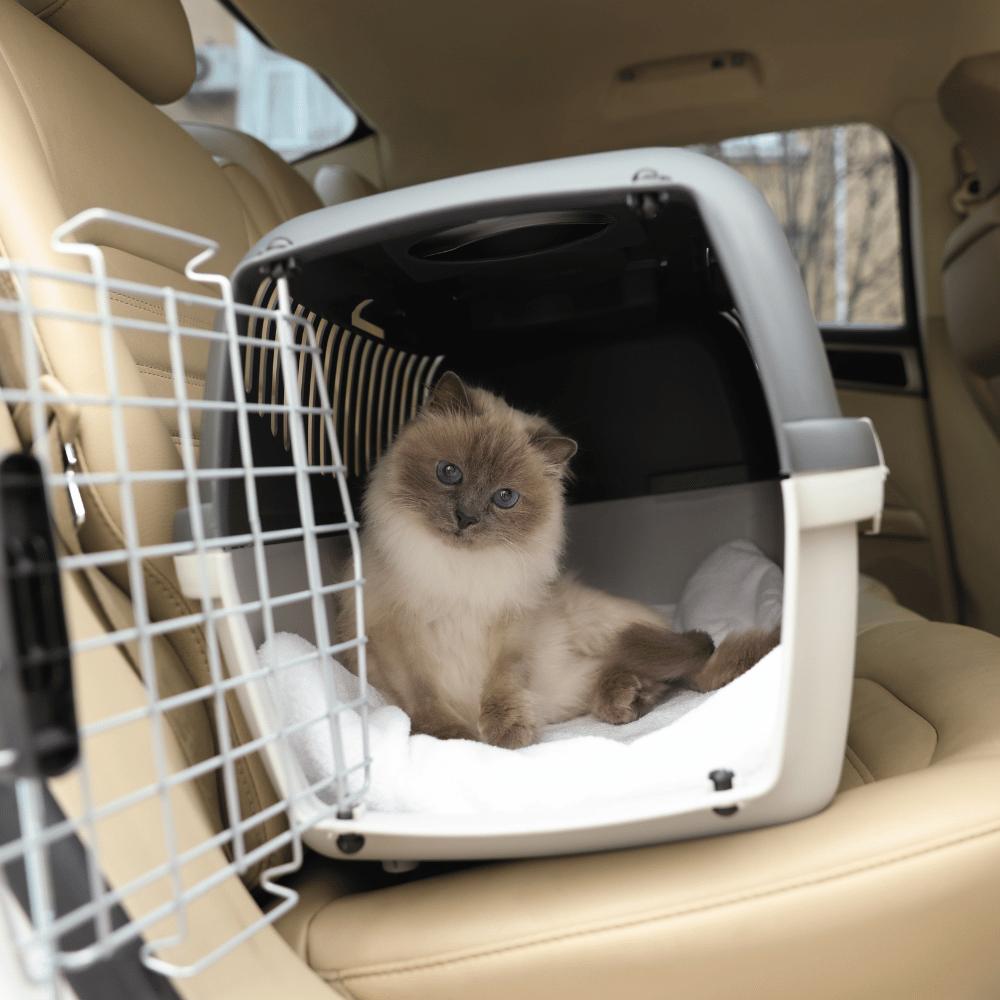Urgent Care vs. Emergency Care for Pets: What Is the Difference?
When your pet suddenly is not feeling well, it can be hard to know where to go or how quickly...
Read MoreDo Indoor Cats Need Vaccines and Check-Ups? The Vet’s Answer Might Surprise You
Why Cats Who Never Go Outside Still Need the Vet Your cat may spend every day lounging in a sunny...
Read More5 Hidden Illnesses Indoor Cats Could Have (and How to Catch Them Early)
Your cat might look perfectly healthy — they eat well, nap in their favorite sunny spot, and rarely cause concern....
Read MoreRabies Vaccines for Indoor Cats: Why Every Cat Needs Protection
You might think your indoor cat is safe from rabies. After all, they never set a paw outside, so how...
Read MoreHas Your Cat Fallen Behind on Annual Wellness Exams and Vaccinations?
Life happens. Between work, family, and the everyday chaos of… well, everything, it’s easy to let time slip by. One...
Read MoreHow to Get Your Cat to the Vet Without Losing a Limb
How to Get Your Cat to the Vet Without Losing a Limb Many cat owners agree: the hardest part of...
Read MoreIs Your Dog Showing Neurological Signs? Here’s What to Watch For.
When a dog starts acting “off,” it can be easy to chalk it up to age, injury, or even personality....
Read MoreWhy is My Dog Throwing Up White Foam?
Seeing your dog retching or throwing up white foam can be alarming. While it’s sometimes harmless, in other cases, it...
Read MorePet Anxiety and Fireworks: How to Help Your Pet Cope
Fireworks may be a highlight of summer holidays in Connecticut, but they often trigger intense pet anxiety. Dogs and cats...
Read MoreWhen to Consult a Veterinary Orthopedic Specialist in Stratford, CT
It’s normal to wonder what’s wrong if your dog limps, moves more slowly, or just doesn’t move like they used...
Read More
